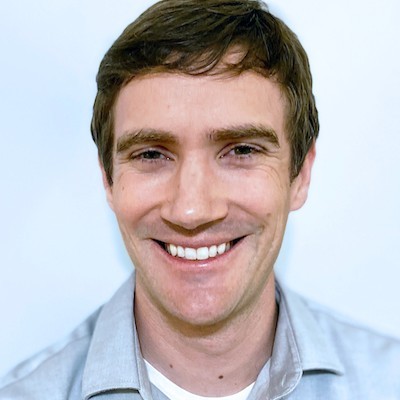SAN FRANCISCO– Unlearn®, the only artificial intelligence (AI) company developing prognostic digital twins to run smaller, faster clinical trials, today announced that Alex Lang, Ph.D. has been appointed Vice President, Technology. In this role, he will lead the company’s data science, modeling, and platform teams responsible for delivering innovative solutions to Unlearn’s pharma and biotech partners to run more efficient clinical trials that help bring new treatments to patients sooner.
“We are excited to welcome Alex to the Unlearn team. A physicist by training, he brings deep hands-on industry experience in machine learning and leading teams that build and ship mission-critical AI-based commercial solutions,” said Charles Fisher, Ph.D., founder and CEO of Unlearn. “On behalf of the entire team, we are looking forward to Alex’s leadership as we continue to grow Unlearn’s capabilities as a leader and innovator of AI in medicine.”
Alex joins Unlearn from Cruise, a prominent driverless car company, where he was Senior Manager, Perception. In this role, Alex directed multiple teams of engineers to successfully solve perception problems for autonomous vehicles. Prior to Cruise, he led software and machine learning engineering teams at Motional, as Director, Perception and Prediction. Earlier in his career, Alex was a Postdoctoral Researcher in Dr. Terrence Sejnowski’s Computational Neurobiology Lab at the Salk Institute researching deep learning applications in computational neuroscience. Alex earned a Ph.D. in Physics from Boston University and BA in Physics and Mathematics from the University of Wisconsin, and has authored numerous peer-reviewed publications across physics, biology, and machine learning.
“I love working with passionate people to turn seemingly unsolvable problems into real solutions that can make a positive impact on the world,” said Alex. “Unlearn is developing advanced AI applications that will revolutionize the future of medicine and one day eliminate the necessity of human experimentation in bringing new treatments to market.”


